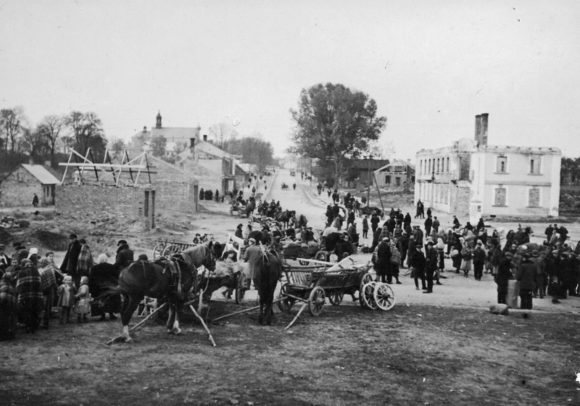A Fake Epidemic Saved a Polish City From the Nazis
A case of truth being greater than fiction…
How a Fake Typhus Epidemic Saved a Polish City From the Nazis
by Matt Soniak
“During World War II, a man went to the doctor in Rozwadów, Poland with a unique complaint. He was one of thousands of Poles forced by the Nazi occupiers to work in German labor camps. The man had been granted a 14-day leave to visit his family, and his time was almost up.
He was desperate to escape the camp, but knew that if he did not return, he would be hunted down and he and his family would be arrested and sent to a concentration camp–a death sentence in many cases. He had considered suicide, but also knew that a serious disease, verified by a physician, would spare him from returning to the camp.
The two doctors who saw the man decided to help him in his quest for a diagnosis, and offered to give him an injection. He accepted. The doctors then drew a blood sample and sent it to a German lab. Soon, they received a telegram that read: “Weil-Felix positive.” Their patient had tested positive for typhus. The telegram was given to the local German authorities as proof that the patient had an infectious disease, and the man was subsequently released from his duties at the camp. He was also excluded from future detention, as were any family members he had come in contact with…”
For the rest, click here.
Share


